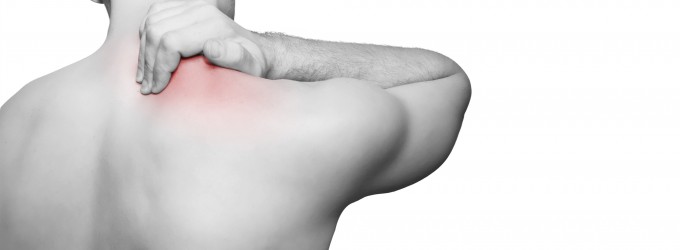What is Frozen Shoulder?
Frozen shoulder or adhesive capsulitis is a very painful inflammatory condition that greatly affects the movement of your shoulder. It has been described as one of the most debilitating areas of pain in the body. Night pain is very common so due to the lack of sleep its a condition that affect you both physically and emotionally.
What causes frozen shoulder?
It is not known exactly what causes Frozen shoulder and it can spontaneously occur for no apparent reason. Frozen shoulder causes the shoulder joints fibrous capsule which provides its stability to become inflamed and thickened. It is not fully understood why this happens, although there are a number of factors that make developing a frozen shoulder more likely:
- An autoimmune disease
- Diabetes
- Previous shoulder injuries
- The Menopause
How do I Treat frozen shoulder
Firstly, I want to understand how the pain is affecting your life as its a condition that can be very debilitating to the point that you are struggling for the normality with day to day activities. I want you to feel that I have listened and tried to understand the emotional challenges of frozen shoulder such as if you have withdrawn from social activities that you enjoy and the fear avoidance that is associated with this condition. I will then do my upmost to educate you on the process that we need to go through to get you back to where you need to be. Like most conditions and especially this one there is no quick fix but I want to reassure you that I will be thorough in my assessment, answer any concerns that you have and devise a treatment plan that is focused on getting you back to doing what is important to you as quickly as possible
The Process back to pain free movement.
- The early stage of a frozen shoulder is the most painful stage and can be very debilitating for you. Therefore, treatment is mainly focussed on relieving the pain and reducing the swelling in the capsule.
- Evidence suggests that a very inflamed shoulder capsule in the early can benefit from a corticosteroid injection so we may need to refer to a shoulder consultant via your GP.
- Avoid stretches that make the pain worse but continue to move the shoulder as much possible. This is where my assessment guides your unique treatment process as what is right for one person can actually be irritable for another person.
- I will then educate you on functional exercises that give you symptomatic relief and this forms the basis or your treatment plan progressions.
- We use a combination or Active Release Technique (ART) and Medical Acupuncture and Myofascial Cupping to help reduce the pain and initiate movement back into the muscles and connective tissue
- Strength deficits are very common so the treatment plan will also include strength work that we will modify and gradually increase so we can expose the shoulder to this a stimulus that has meaning to you in the context of the activities that you want to get back to.
- I will always have a open dialogue with you so if the treatment plan is failing to progress, then I will liaise with other health care professionals to get the best outcome for you.
- Always trust the process and never be afraid to ask questions. I am here for you to get the outcome that you need.
If you are suffering with any type of shoulder pain and are finding its affecting you on a day to day basis, then please get in contact me by either phone on 07518056355 or e mail info@mcpposteopath.co.uk and we can organise a free 15 minute chat.
Thanks
Mario


Leave a Reply